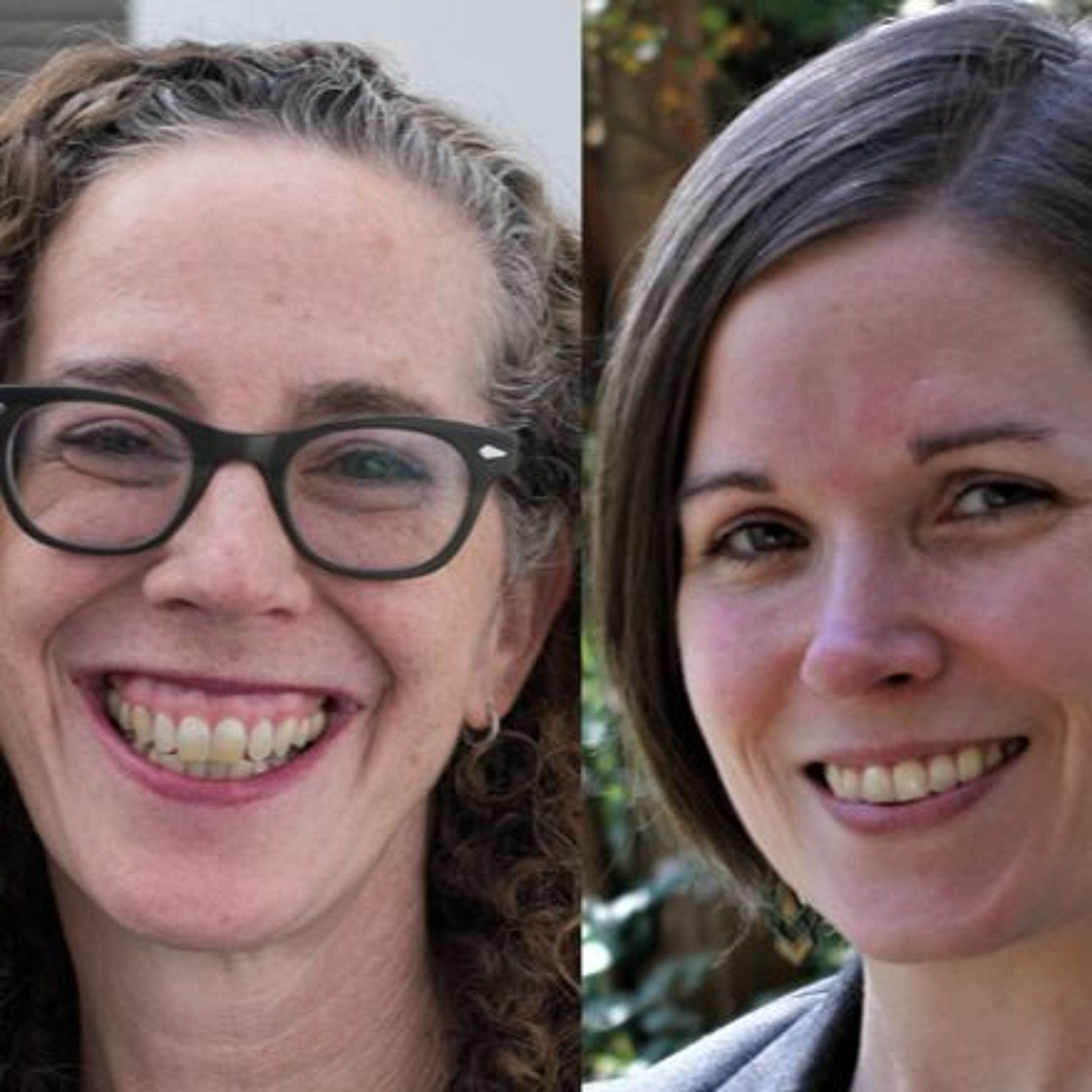Fixing prescription drug coverage and reducing the financial burden of cancer

\u201cMore than 50% of cancer survivors report problems paying medical bills, financial distress, or delaying and/or forgoing medical care in the past year.\u201d*\n\nThe financial burden of cancer can affect survivors for years. And it can affect anyone: a cancer diagnosis as a young adult can have financial ramifications that can change the course of a person\u2019s life; a diagnosis for someone who\u2019s retired and on a fixed income can pose problems that nobody should have to face. The cost of cancer treatment also deepens disparities\u2014not everyone can afford the most effective treatments.\n\nStacie Dusetzina, PhD, and Robin Yabroff, PhD, are two of the leading voices on research on the financial burden of cancer. They joined the podcast to discuss prescription drug coverage in America, problems that cause financial challenges for people with and without insurance, and potential policy solutions. \n\nStacie Dusetzina, PhD, is Associate Professor in the Department of Health Policy and an Ingram Associate Professor of Cancer Research at Vanderbilt University.\n\nRobin Yabroff, PhD, is the Scientific Vice President of Health Services Research in the Surveillance and Health Equity Science team at the American Cancer Society.\n\n*Yabroff, K.R., Zhao, J., Han, X. et al. Prevalence and Correlates of Medical Financial Hardship in the USA. J GEN INTERN MED 34, 1494\u20131502 (2019). https://doi.org/10.1007/s11606-019-05002-w\n\n\n2:12 \u2013 Pain points in prescription drug coverage for Americans \u2013 for infusion therapies\u2026\n\n7:39 \u2013 \u2026and for orally administered therapies\n\n12:24 \u2013 Why it can be hard to predict financial toxicity\n\n13:48 \u2013 An example that hits close to home \u2013 a metastatic breast cancer patient with Medicare Advantage\n\n17:33 \u2013 The financial implications of being diagnosed with cancer when young\u2026of paying for cancer therapies when retired and on a fixed income\u2026and of dealing with the costs of chronic illness\n\n22:42 \u2013 Solutions! \n\u201cThe most obvious one to me is fixing the Medicare Part D policy to limit total out-of-pocket spending\u2026\u201d\nhttps://www.nejm.org/doi/full/10.1056/NEJMp2027580\n\n25:34 \u2013 Ways to reduce the burden of high deductible plans \n\n27:54 \u2013 \u201cDespite how dire the situation you describe is, it\u2019s actually worse.\u201d \nHow new advances in treatment will worsen cancer disparities unless we take action\n\n29:30 \u2013 Evidence showing that Medicaid expansion helps, but \u201cmaking care affordable is going to take a lot more than Medicaid expansion\u201d\n\n31:11 \u2013 \u201cWe\u2019ve got to stop paying for the stuff that doesn\u2019t work if we want to have better coverage for the stuff that does work.\u201d\n\n37:04 \u2013 Why cancer prevention strategies are key\n\n39:00 \u2013 Advice for newly diagnosed cancer patients and their families for dealing with the financial cost of cancer